My Brief Career in Music Photography
My one weekend taking pictures at concerts taught me a little about both.
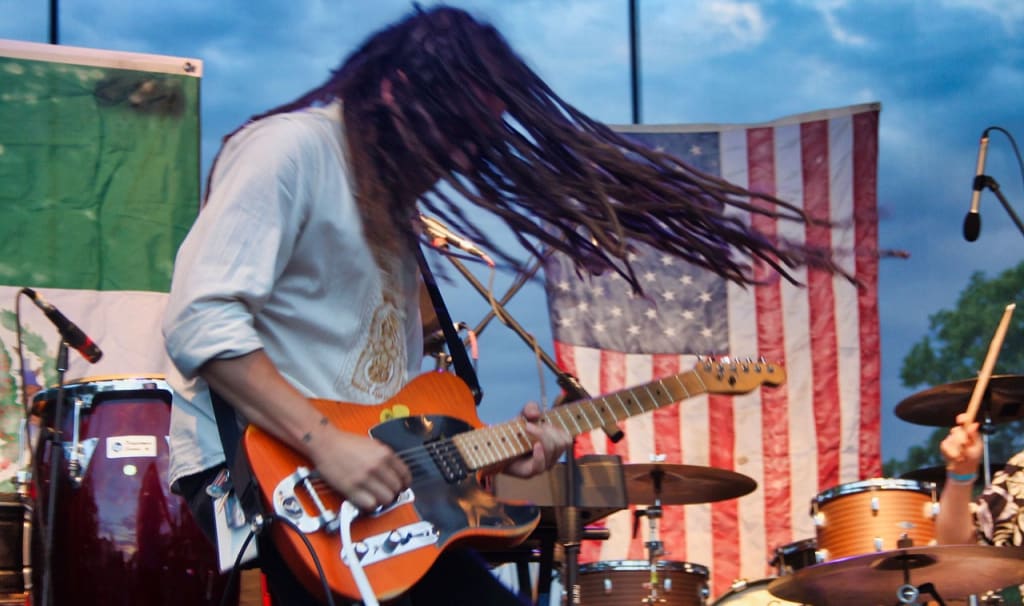
Lawrence, KS is one of those towns where everyone's an artist, where people greet each other by discussing their latest projects. There are workshops and maker spaces everywhere, every house and business is a potential venue, and the library houses a pro-level recording studio. Whatever your creative passion, you'll find a place for it.
During my years there, I spent a lot of time going to little indie shows, hanging out with the trendy people and trying to get hip. I'm not convinced that I pulled it off, but at least I discovered a lot of new music. I could walk to the downtown area anytime I cared to and, with three dollars in my pocket, get to learn about three new bands - not a bad way to spend a Saturday evening.
At some point, I had the wise idea to bring a camera with me. Not sure why, exactly - I guess, after attending hundreds of shows, I was getting bored.
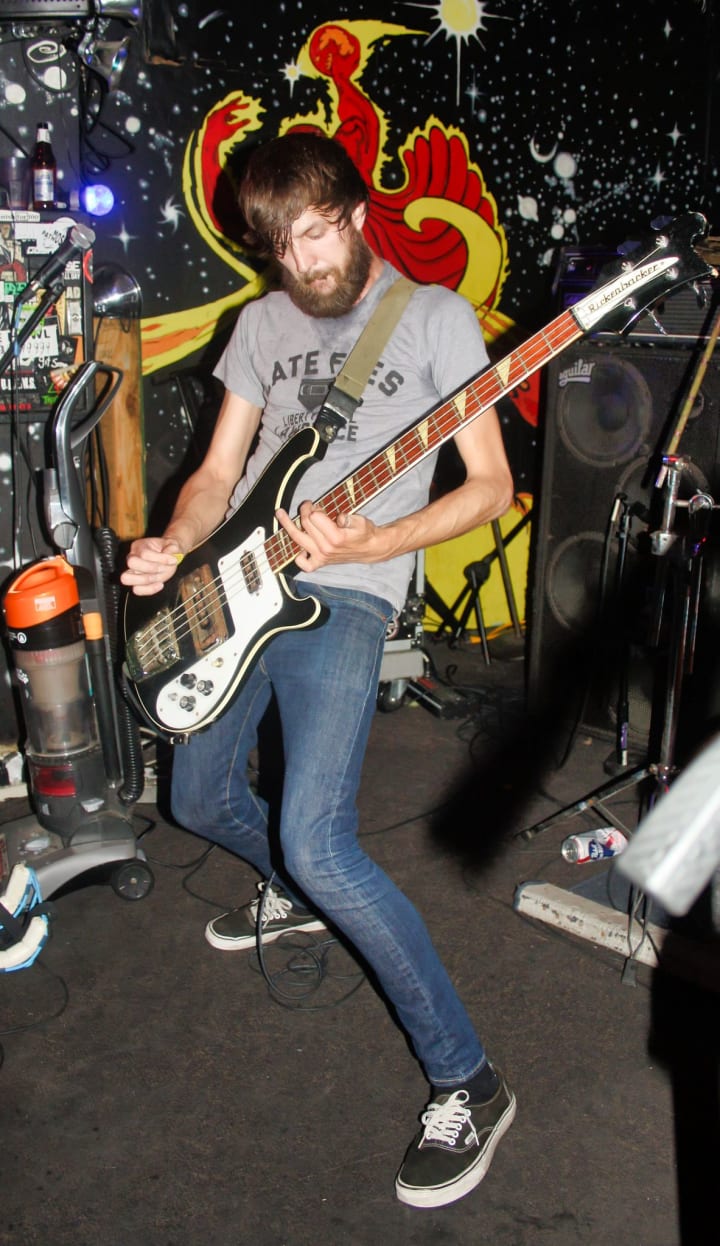
There are a few things I learned about photography from these evenings:
- Even in age where everyone has a camera in their pockets and people photograph everything, having a DSLR attracts attention. Maybe that's because of the ubiquity of cell phone cameras - everyone assumes that a photographer must be a significant person. At these shows, this meant everything from simple questions from curious drunks to requests from performers and their loved ones.
- Music photography is harder than it looks and I have nothing but respect for the people who do it. I don't mean the kind of carefully staged promo pictures that end up on album covers, posters and merchandise. I mean that action shots, those incredible frozen-in-time pics you see on music websites. What makes it hard? Let's count it off: It's dark. Your subject isn't cooperating. You're shooting through a crowd. You never have the right angle. There are flashing lights and other things that can ruin a shot. Any decent shot is a combination of skill, luck and diligence.
So I kept going to shows, and I kept taking my camera. And one day, I was recruited.
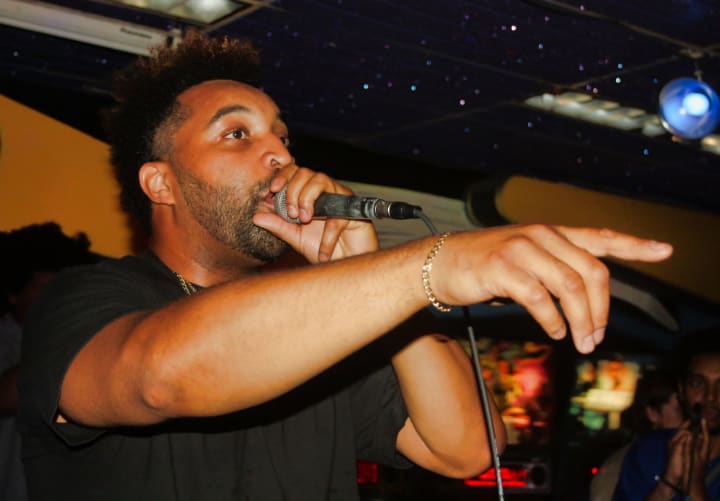
As Lawrence is a town where everyone is in a band, there is a local music press, which brings with it a need for music photographers and videographers. The one you need to know about is a lady by the name of Fally. In addition to being a local fixture, Fally has gotten a bit of national press over the years - a combination of her role in Lawrence's culture and just being that good (far better than me, which kind of goes without saying).
Normally, a piker like me would have little to do with a professional outfit like the one Fally operates. Then came the Field Day Fest, a sort of celebration of the University of Kansas students being gone - art and music spread across many venues and dozens of blocks. It was an odd moment when Fally approached me at a show and asked to shoot a few of those venues for her. A confluence of events had left her shorthanded, and I was to answer the call.
Of course, I said yes. Should I have done this? Was I really the right man for the job? Questions for another lifetime. I took it as an honor.
Working for someone makes you appreciate the challenges of your task even more, and over that weekend I learned of a whole new set of challenges for the music photographer. For example: Darkness is a problem, but light can be a challenge as well.
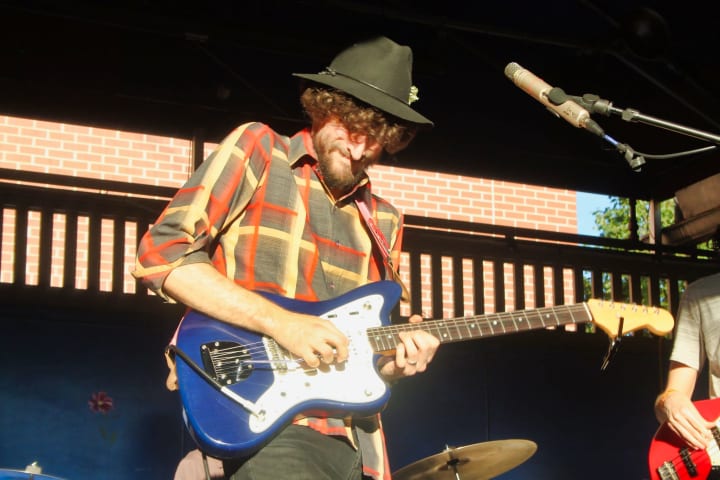
What do you do when you're shooting at an outdoor show right around sunset, and the light is changing every five minutes? The same thing you do any time conditions are against you - take a million pictures and hope that the odds deliver you one usable shot. That's the lesson of any sort of action photography: However many pictures you've taken, it's not enough. Take another.
Music photography teaches you to appreciate the photographic side, but does it do the same for the music? Can you really absorb a piece of music when you're scrambling around the stage trying to find an angle? It's a question that defies an easy answer. For me, I think it saved my appreciation for those local shows, if only because it made me feel more like I was a part of the community rather than someone standing at the sidelines.
But the best part? I have a record of all of those shows I attended. That's worth something in a lonely moment.
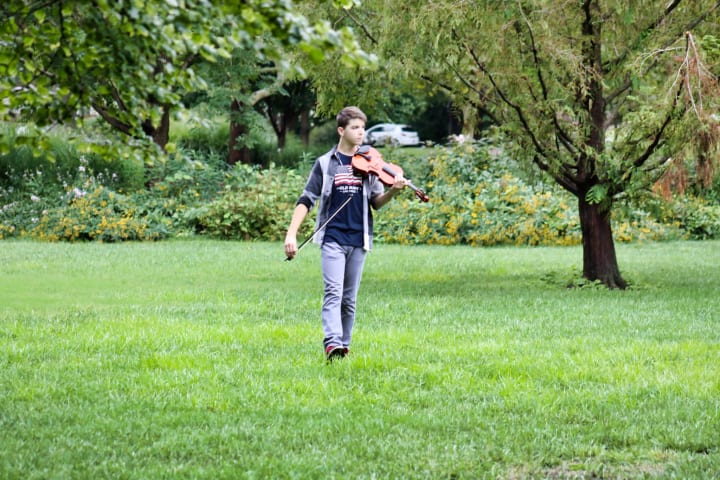
About the Creator
Andrew Johnston
Educator, writer and documentarian based out of central China. Catch the full story at www.findthefabulist.com.

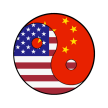
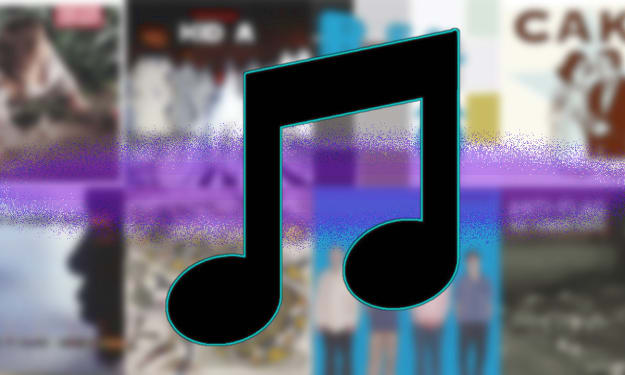

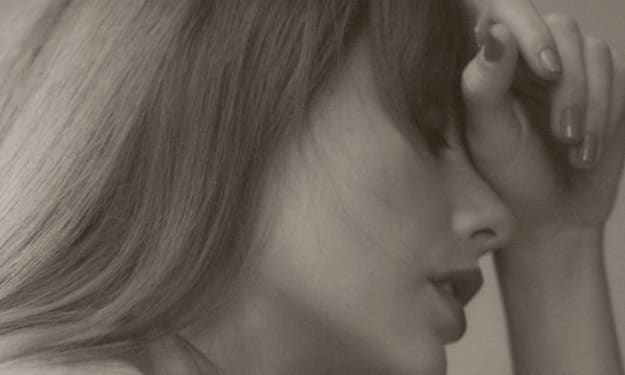

Comments
There are no comments for this story
Be the first to respond and start the conversation.